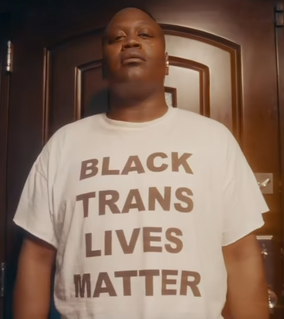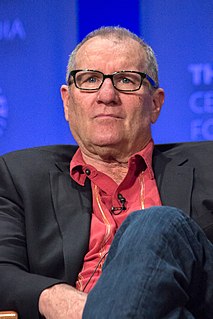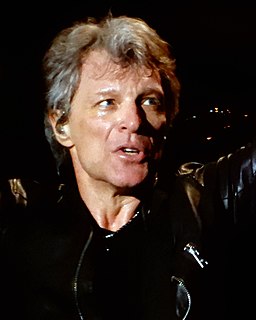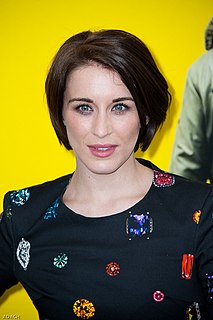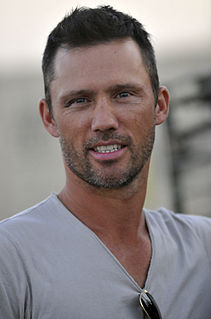A Quote by Dhanush
I come from a very humble background. My father had to work really hard to become an assistant director. For a large part of his youth, he worked in a mill and took up odd jobs to make ends meet. We lived in a small room and could only afford a meal a day.
Related Quotes
I worked at Ruby Foos early on as a host. I was only there for a little bit, but I had several odd jobs to pay the bills before that. And being in New York for the first year, I got here in 2003, and it was a very exciting but very scary time not knowing how you would make ends meet and me trying to meet people.
I treat my writing like a day job, like my main job, even if for many years I was doing other jobs to pay the bills. I worked as a copy editor. I was a medical guinea pig. I was an eBay power seller of ladies' handbags. I was an assistant to a bookie at the horse races. I bartended. I did anything I could to make ends meet.
I remember a long, long day of filming and it took forever to get Kirk Douglas up on his cross. We played a terrible joke on him when, as he was safely installed, the assistant director called lunch and left him up there. He could have had the lot of us fired but he was very good about it. You have to have a sense of humor in this industry.
I worked in a steel mill, I worked in a foundry, I worked in a paper mill, I worked in a chemical refinery, construction, I did all that. It was great work, it was good. I learned welding, mechanic, carpentry, but it saved me from going back to prison because that's helpful. It's really sad because those jobs are gone.
There's a difference between someone who's 'harsh' and someone who is 'hard.' Life was hard. You lived in the South, as my grandparents did, and you had to survive. That is hard. In order to respond to that, he had to become a hard man, with very hard rules, very hard discipline for himself, very hard days, hard work, et cetera.
I could not understand how people could not like something as beautiful as the aerodrome. But I had lately become convinced that in general people were pretty boring. They liked to moan for hours on end about how hard it was to make ends meet, about the money they owed, the price of food, and other similar worries, but the minute some more brilliant or attractive subject come up, they were struck deaf.
Remember, this is back in the '40s, and the idea of a museum being a place where interested people could come in direct contact with works hadn't arrived on the scene yet. That, I think, I first ran into at the Freer Gallery in Washington, D.C., where a man named Marty [Martin] Amt decided that he really felt his job - part of his job, as an assistant [to the] director was to make the collection available to interested people.

